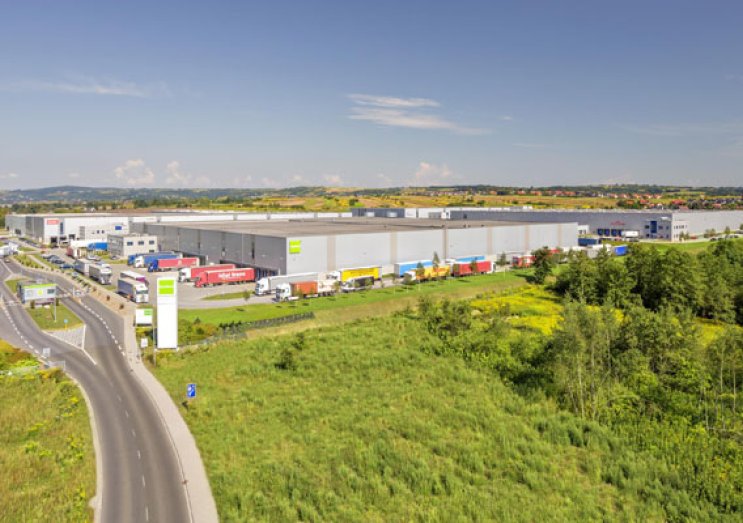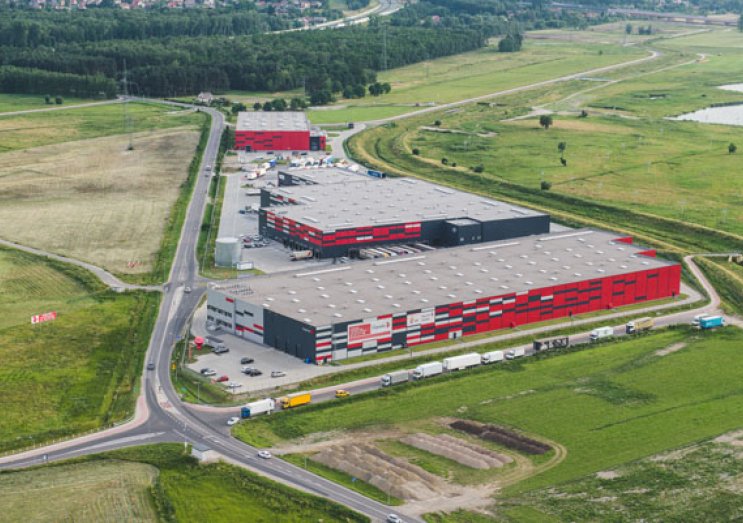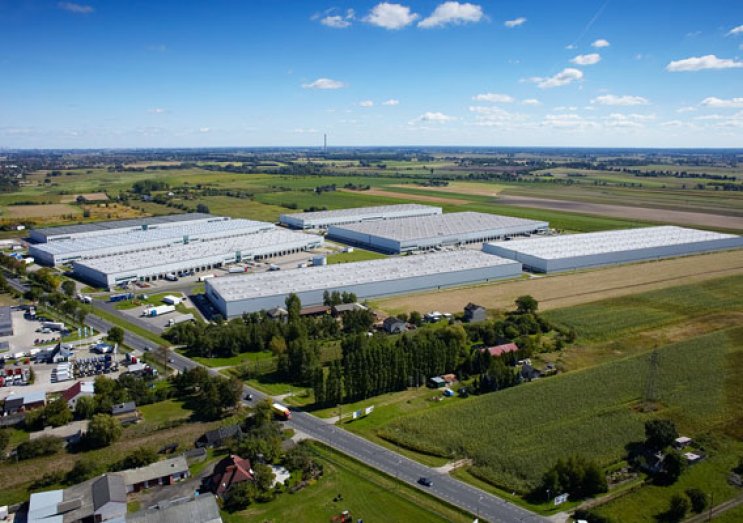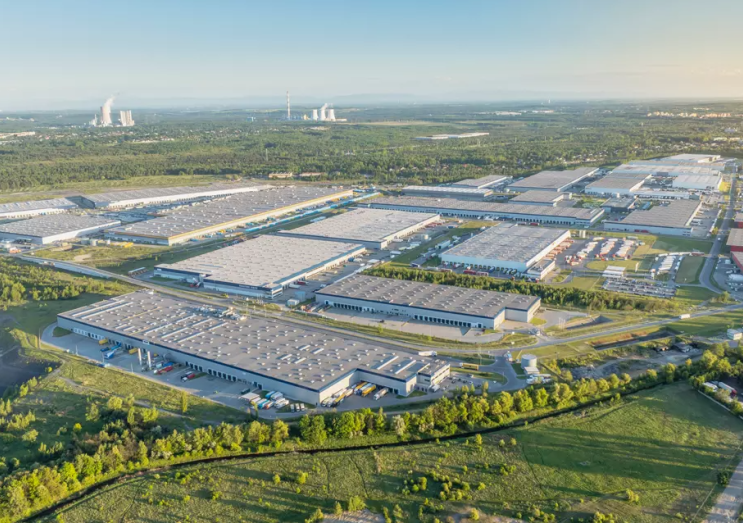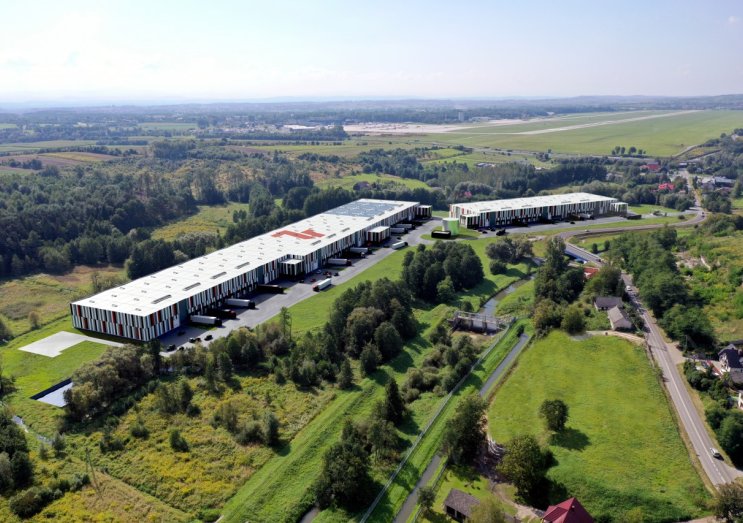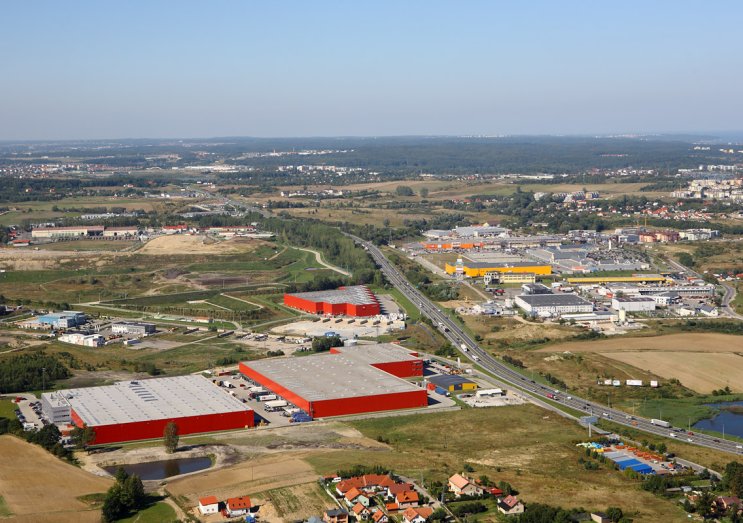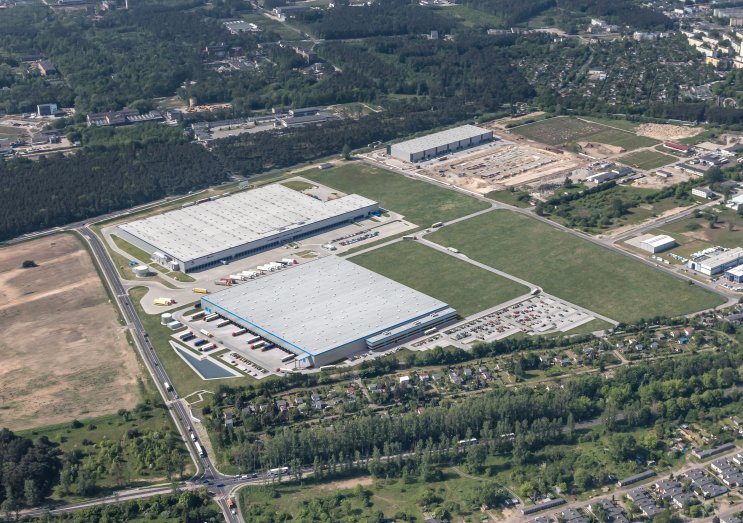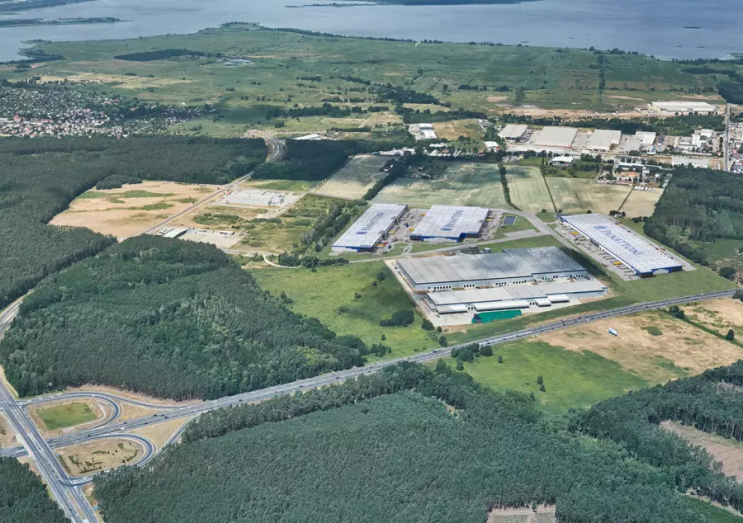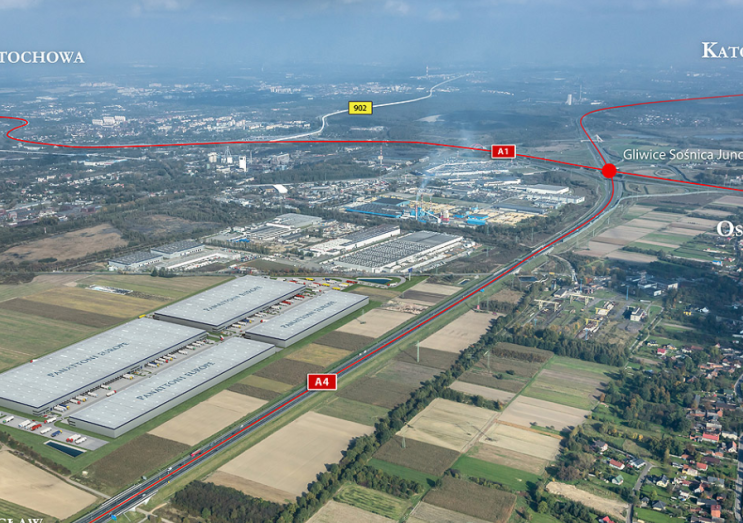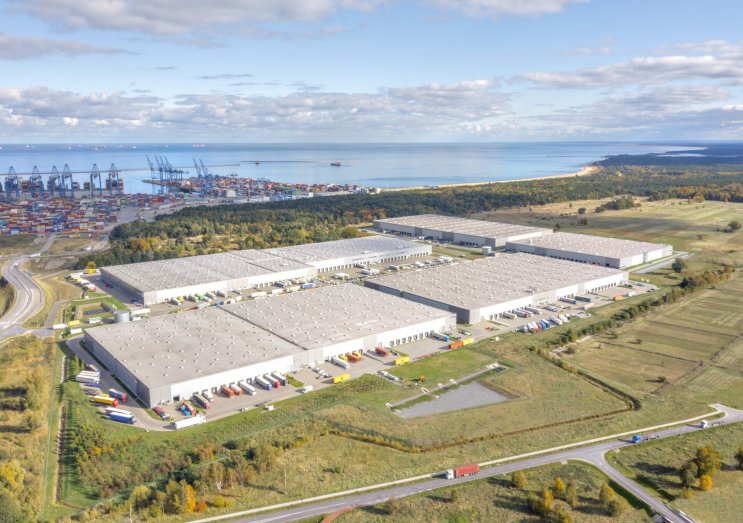Poland’s warehouse and industrial market has maintained stable growth throughout 2024 despite headwinds caused the European economic downturn, constrained capital availability and relatively high inflation. Its total stock expanded by approximately 10% year-on-year and is on track to surpass the 35 million sqm mark in the first quarter of 2025.
In 2024, the warehouse and industrial development pipeline averaged approximately 2 million sqm, which was more than twice lower than the record 4.65 million sqm posted in 2021 but close to the average for 2018-2020. Currently, the highest concentration of development activity is in the Big Six markets: Mazovia, Upper Silesia, Central Poland, Lower Silesia, Greater Poland and Tricity. These regions account for approximately 80-90% of stock under way. Interestingly, construction activity has significantly accelerated in Lower Silesia, which is projected to overtake Central Poland as the third-largest market by stock size in 2025. Conversely, secondary industrial regions are expected to see an uptick in development due to announced investments in road and seaport infrastructure, wind power projects and the planned construction of the Central Transport Hub (CPK). Among these markets is Western Pomerania, which has nearly 115,000 sqm of warehouse space under construction - the highest volume since early 2022.
In 2025, development activity is expected to be significantly driven by occupational demand which remains relatively stable. However, the high proportion of renegotiations in total take-up suggests that developers are facing challenges in attracting tenants to planned warehouse projects. This indicates that Poland’s development pipeline will likely remain steady at a moderate level of approximately 2 million sqm.
Gross take-up for the whole of 2024 is expected to exceed 5 million sqm - a level comparable to the annual averages recorded in 2017-2023, excluding the peak years of 2021-2022. Most of this space, approximately 80%, will have been leased in the Big Six markets. However, smaller regions such as Kuyavia-Pomerania and Western Pomerania, have also experienced strong leasing activity, with over 100,000 sqm transacted. E-commerce, which is projected to maintain robust growth in the coming years, will account for over one-third of warehouse take-up in 2024. Urban depots and last-mile facilities are increasingly in demand among occupiers, but their development faces significant challenges, including limited land availability and lengthy procedures for obtaining administrative decisions and permits.
Rents stabilised in 2024 following a surge in land prices and construction costs in previous years. Tenants seeking to lease warehouses in regions with high vacancy rates were able to secure attractive incentives, while developers in the most sought-after locations were less willing to make concessions. In 2025, rental rates, particularly in new developments, are expected to remain under pressure due to elevated prices of energy and building materials alongside rising labour costs.
Sustainability and ESG practices are rising up the agenda not only due to EU regulations but also because of growing occupier expectations. Tenants are increasingly opting to lease warehouses featuring advanced ESG solutions. Against this background, developers and investors have become more inclined to pursue green BREEAM or LEED certifications, renewable energy installations, rainwater harvesting and smart energy management systems. Social considerations are also gaining importance, including support for local communities and a commitment to workplace diversity and equity.
2025 is shaping up to bring continued sustainable growth for the Polish industrial market. Poland is expected to strengthen its position as a rapidly expanding European logistics hub while growing more environmentally conscious and energy efficient. This will be primarily driven by the expansion of e-commerce and the adoption of sophisticated solutions in warehouse infrastructure.
Authors:
Jakub Kurek, Head of Industrial and Warehouse, Newmark Polska
Agnieszka Giermakowska, Research & Advisory Director, ESG Lead, Newmark Polska



